Know the causes, symptoms, treatment of Kidney stones
Wed 10 Sep 2025, 02:01:11
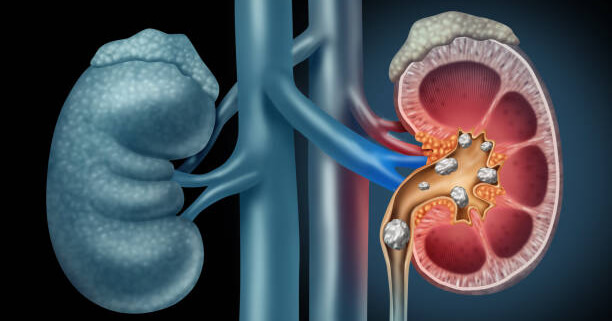
Kidney stones are a common occurrence in a large number of people, but they can be painful. If not treated on time, they can lead to serious complications. Here, the expert helps you to understand the causes, symptoms, and complications of kidney stones.
According to Dr Anil Bradoo, Consultant Urologist, Zen Annexe, Zen Multispeciality Hospital, Chembur, Mumbai, kidney stones are hard, pebble-like substances that tend to form in the kidneys. Did you know? These stones are made up of minerals and salts like calcium, oxalate, or uric acid. While small stones may pass unnoticed, larger ones can lead to excruciating pain and serious health problems if not managed on time. Timely intervention is key to managing kidney stones and getting rid of the notorious pain.
Causes of kidney stones
. Dehydration or low water intake
. High intake of salt, sugar, or animal protein
. Obesity
. Family history of kidney stones
Certain medical conditions, like urinary infections or gout, can be the causes of kidney stones that you should be aware of.
Symptoms of kidney stones you shouldn’t ignore
. Sharp pain in the back or side
. Pain that spreads to the lower abdomen or groin
. Pain while urinating
. Urine that is pink, red, or cloudy
. Frequent urge to urinate
. Nausea or vomiting
Don’t ignore these symptoms, and report to the doctor for prompt diagnosis and management.
Complications of kidney stones if untreated
While many kidney stones are treatable, ignoring them can lead to serious issues. The following are the complications associated
with unmanaged kidney stones.
with unmanaged kidney stones.
. Urinary Tract Infections (UTIs): Stones can block urine flow, inviting a urinary tract infection. You can experience symptoms such as a burning sensation during urination, foul-smelling urine, frequent urination, lower belly pain, and blood in the urine.
. Hydronephrosis: This means a blockage that may cause swelling in the kidney due to trapped urine. Furthermore, it can also lead to blood in the urine and nausea and vomiting.
. Chronic Kidney Disease (CKD): Repeated stones can damage kidney tissues over time, and you can be at greater risk of CKD.
. Bleeding and scarring: Passing large stones can damage the urinary tract and take a toll on well-being.
Treatment options for kidney stones
Small stones can pass naturally with increased water intake and pain medication. Large stones will need procedures like shock wave therapy (lithotripsy), ureteroscopy, or surgery, which will be decided by the expert. You will also be prescribed medication to prevent future stone formation or dissolve certain types. Medium-sized stones may require endourological procedures with the use of lasers, like ureteroscopy and RIRS with flexible ureteroscopy. Kidney stones up to 1.5 cm in size can be treated by ESWL (Extracorporeal Shock Wave Lithotripsy) without hospitalisation as a day care procedure.
Preventive measures for kidney stones
Try to drink plenty of water daily, cut down on salt in the diet, eat a lot of citrus fruits like lemon and orange, maintain an optimum weight, and follow the doctor’s advice if you’ve had stones before. So, be aware when it comes to your kidney health, and seek treatment on time.
No Comments For This Post, Be first to write a Comment.
Most viewed from Health
AIMIM News
Latest Urdu News
Most Viewed
May 26, 2020
Should there be an India-Pakistan cricket match or not?
Latest Videos View All
Like Us
Home
About Us
Advertise With Us
All Polls
Epaper Archives
Privacy Policy
Contact Us
Download Etemaad App
© 2026 Etemaad Daily News, All Rights Reserved.


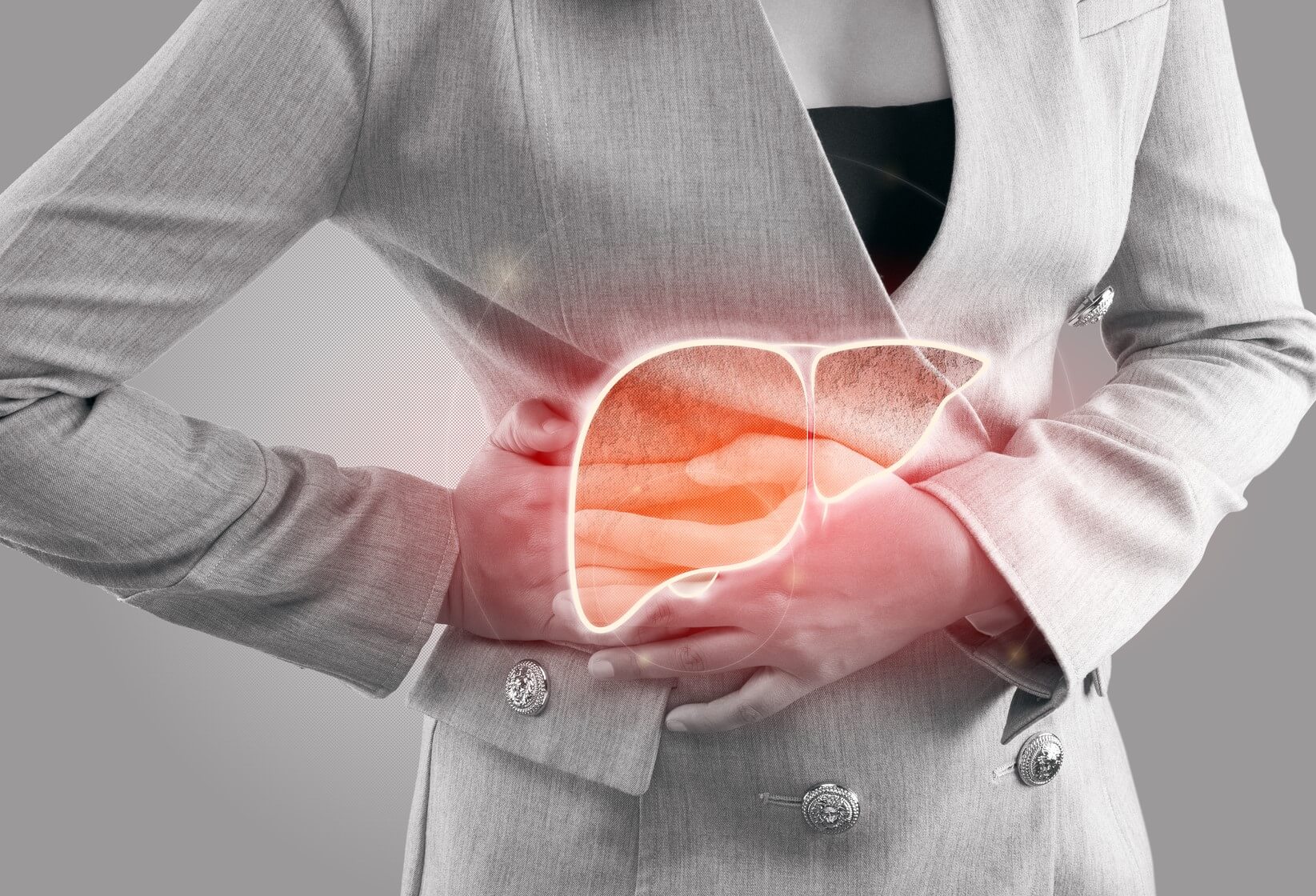
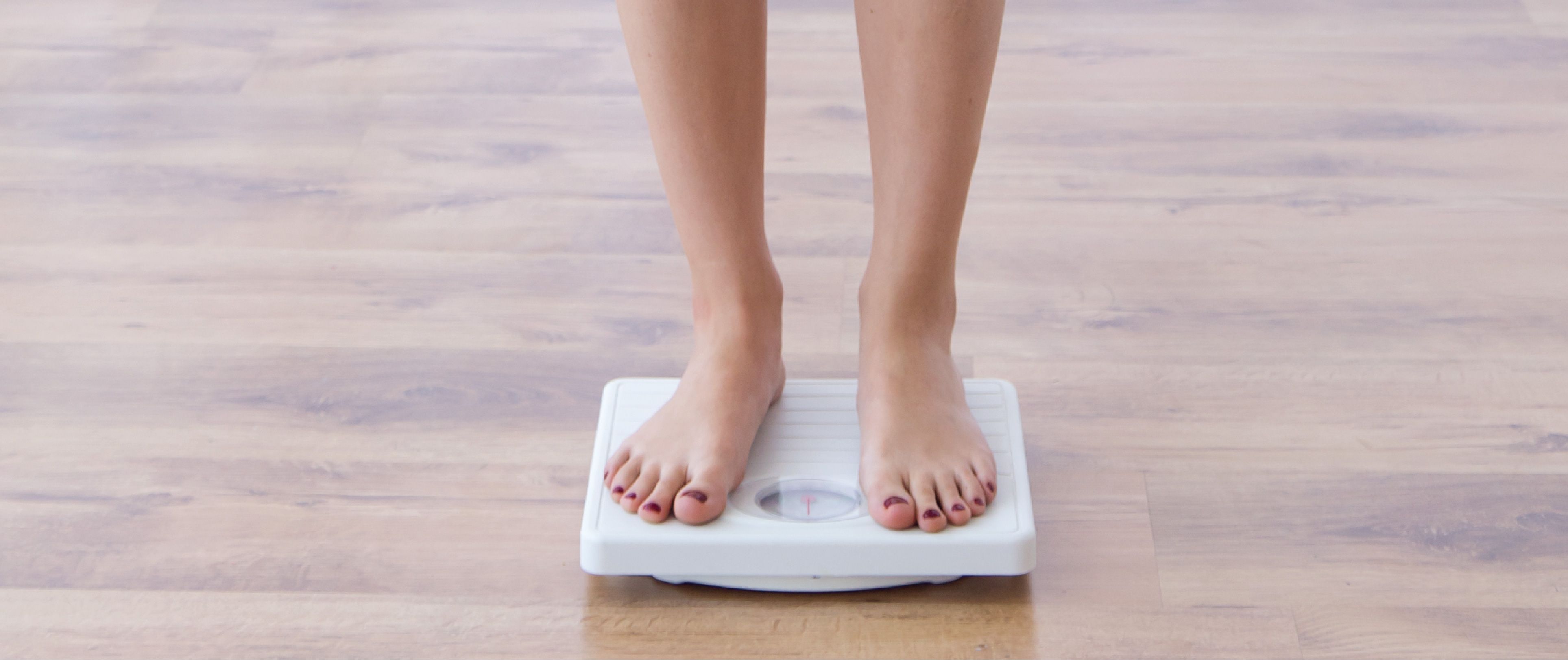
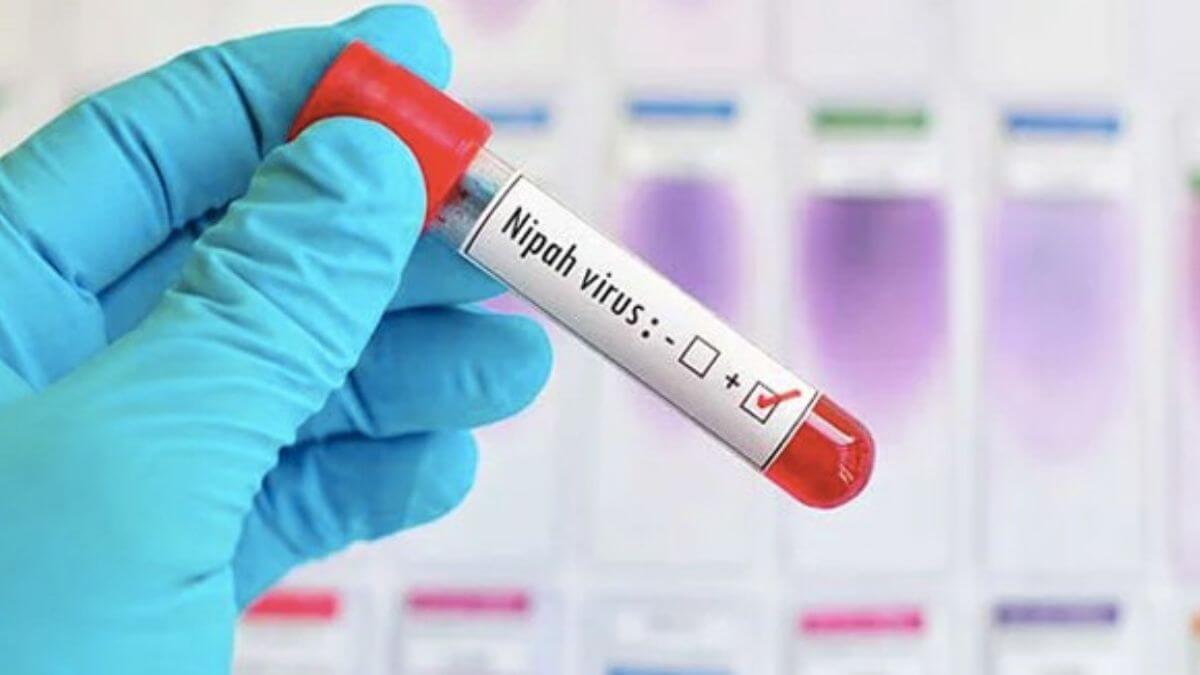

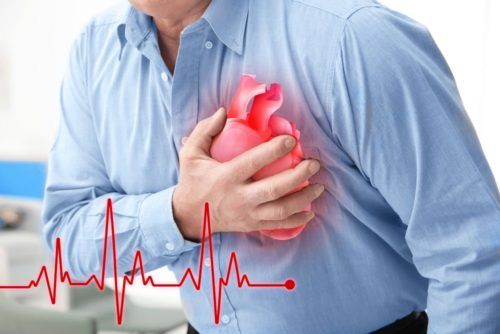

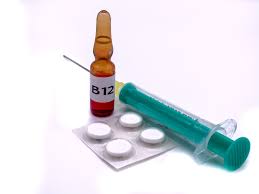
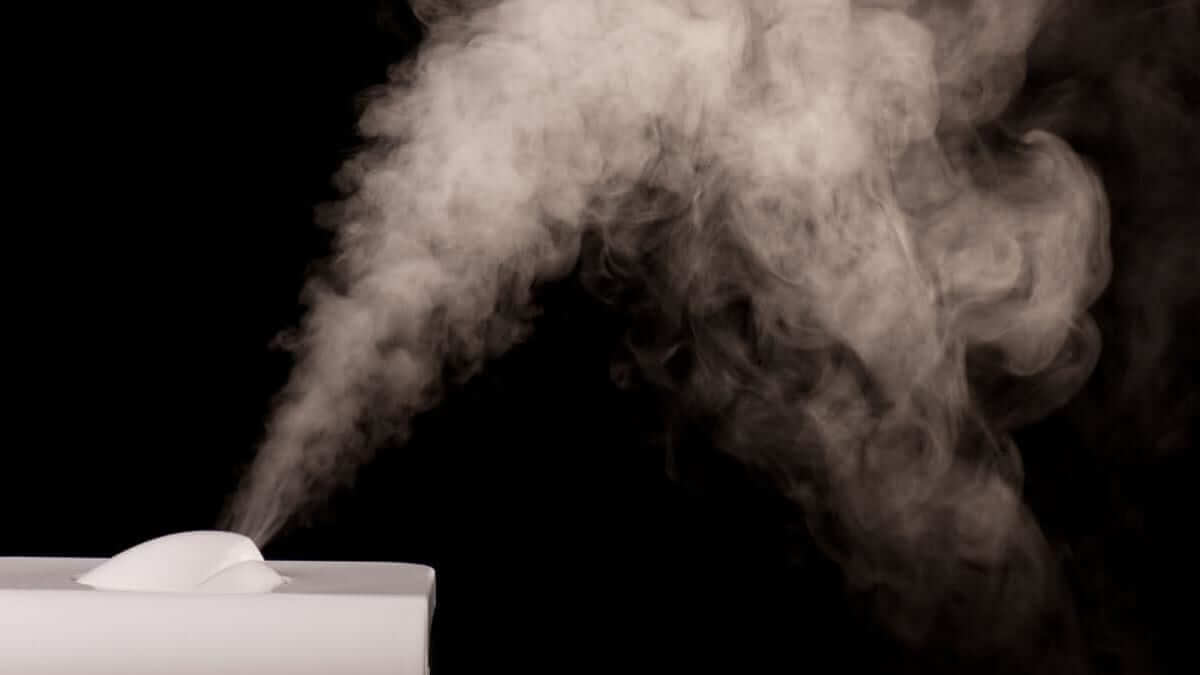

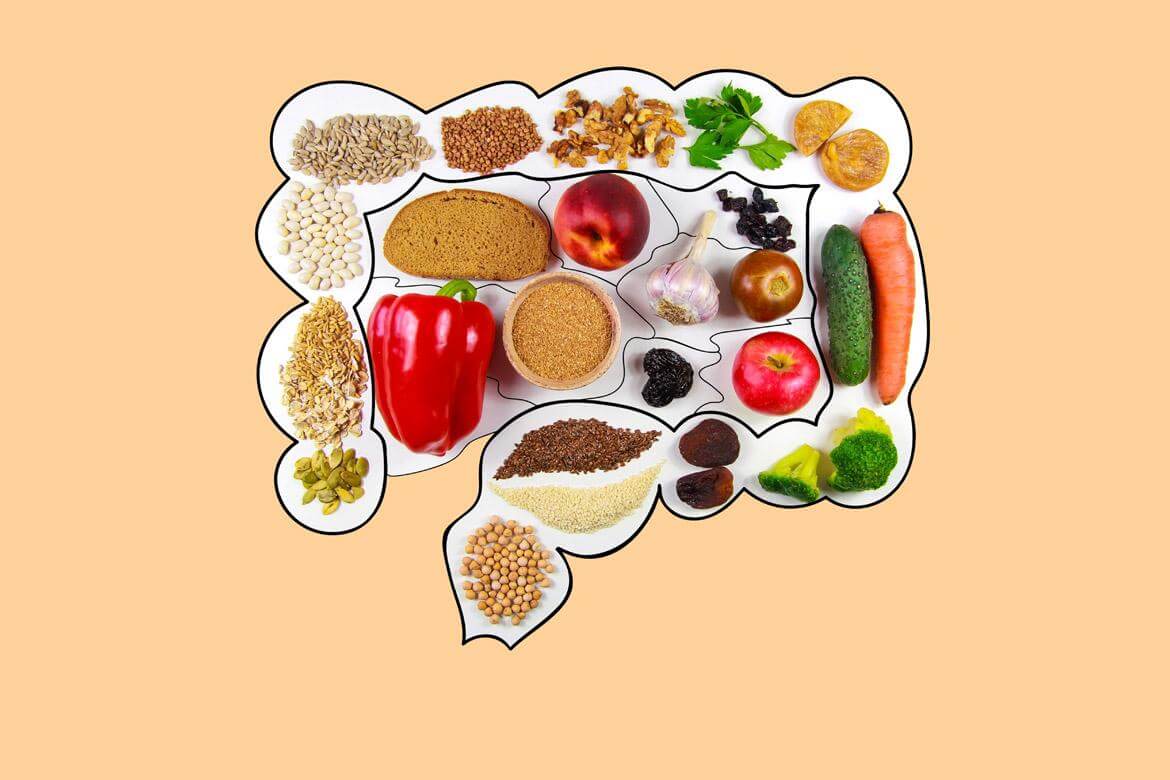













.jpg)
.jpg)
.jpg)


